It’s a struggle as old as time: An older generation trying to impart words of wisdom into the recalcitrant ears of a younger generation.
Only at this moment, the stakes are incredibly high.
Amid this week’s nationwide call for strict social distancing to help tamp the spread of the COVID-19 virus, sizable numbers of young people shrugged off worries in favor of socialization.
News media showed videos of college students—droves of them—gathering on the sunny beaches of Florida, Alabama and elsewhere, celebrating spring break in devil-may-care fashion.
The scenes prompted Surgeon General Dr. Jerome Adams to make an appeal to teens and 20-somethings.
“Think about your grandmother. Think about your grandfather,” Dr. Adams said in an interview with Good Morning America. “You’re spreading disease that could ultimately kill them.”
He urged social media influencers to convince impressionable young followers to heed the advice of health experts: Stay home. Don’t go out.
“We need to get our social media influencers out there and helping folks understand—’Look, this is serious,’” he said. “This is absolutely serious. People are dying.”
His admonishment prompted influencers like Kylie Jenner to urge young people to make sensible decisions.
Doctors say people should wash their hands frequently—at least 20 seconds each time, with warm water and soap—and simply stay at home if you can.
If you must go out for work or a grocery trip, maintain at least 6 feet of distance from others.
Don’t touch your face. Don’t go near people who are sick. Cough into your sleeve. Don’t have play dates for young kids.
Get your teens and college-age kids on board, as challenging as it may be.
“I have a 15- and 14-year-old,” Dr. Adams said. “The more I tell them not to do something, the more they want to do it.”
In it together
Grand Rapids resident Alex Sullivan, 17, is inclined to agree with the assessment that many young people aren’t doing their part to flatten the curve.
That doesn’t apply to all, of course, but enough to cause concern.
“I hear a lot of peers talk about flattening the curve, but then they go all around town,” Alex said. “They’re hanging out at each other’s houses, partying and drinking together. They call it ‘corona-cation.’”
Alex, whose mom works in the health care industry in Grand Rapids, is well up to speed on the seriousness of the COVID-19 pandemic.
“Some kids and their parents don’t understand how serious it is,” he said. “I have a lot of people in my life—school, work, immediate circle—at risk of COVID-19. I don’t want any preventable deaths to occur.
“Both of my grandparents on my mom’s side … had multiple types of cancer and are over 85,” he said. “It hits home, thinking I could lose them to this. I want to be extra careful.”
His words came just as international news media aired haunting images from Italy, where the death toll continues to rise.
If any message could help convince the younger generation to follow the guidelines on COVID-19 safety and prevention, it’s possibly this: It’s not just about you—it’s about the life and death of people around you.
“That’s kind of my message to them,” said Lisa Lowery, MD, division chief of pediatric specialties at Spectrum Health Helen DeVos Children’s Hospital. “Yes, you may feel fine, but you can bring it back to you parents, or your aunt.
“Sometimes it’s just not about you,” she said. “That’s the message to bring to them.”
Think of others.
“This is a new, ever-evolving process that we’ve never been in,” Dr. Lowery said. “You have teens and adults who have this almost, ‘It can’t happen to me’ complex.”
They tend to think they’re not likely to get COVID-19—which is not accurate—or that if they do get it, it won’t kill them, she said.
She added: “This is an opportunity to engage them.”
They have a lot of talents in use of social media, she said, so be ready to engage them there.
If you’re a parent or a peer: Aim for one-on-one conversations, which can speak louder than misinformation or negative influence from other peers.
“You have to get that one-on-one buy-in,” Dr. Lowery said. “Make it personal for them. Those are the messages that work best.”
Tell them: “You can bring it home and get a bunch of other people sick,” she said.
“They don’t realize how fast it can spread,” she said. “Help them realize that they can be in a group with someone asymptomatic and then they can bring it home to mom. Mom maybe impacts grandma, or cousins … or even your younger siblings.
“Help them understand that even though they might not feel like it’s a big deal, ‘How about you not bring it back to the community?’” she said.
Keep in mind that careless behavior is not tied to any one group. Many young people are highly conscientious of good hygiene.
Dr. Lowery said she has spoken to plenty of 20-somethings this week, many with young children, who are all deeply concerned about exposure to COVID-19.
“You see the partiers,” she said. “But you also have this other group of young parents who are worried about their exposure.”
That’s another message for young people, she said—help them realize the importance of not bringing the virus to a friend who has a child.
“It takes all of us,” Dr. Lowery said. “It really is going to take all of us to stop the spread.”
Be a good example, she said.
Practice good hand hygiene. Repeat these messages to others, often.
“Even though you don’t think you can get sick, you can be the one who brings it back into your environment and spreads it ,” she said.
Hunkered down
This past week, Alex’s senior year at Grand Rapids Christian High School ended abruptly.
“They’ve canceled schools from March 16 to April 3,” he said. “Obviously we all know it’s going to continue for the rest of the year.
“That’s one of the hardest things, personally … right now, just having to stay home all the time,” he said.
He’s been involved in Grand Rapids theater for years and he works at McDonald’s. Between school, theater and work, it wasn’t unusual for his days to run 6 a.m. to midnight.
Then it ended. Suddenly and swiftly.
“It’s a complete change of pace for me,” he said. “It’s been really difficult.
“I’ve found it really hard to stay home all day,” he said. “Not eating out? That’s a big thing with my generation.”
He’s been learning to cook at home and he’s getting a healthy amount of sleep. He has already signed up for his school’s online offerings.
“It started Tuesday,” he said. “It’s not too bad. We grew up with computers, so we know how to use them. Logging into Zoom and having 30 of my classmates there sure beats not seeing them at all.”
But it’s all new. And it’s not the same.
He knows things have changed, at least for now.
He’s just trying to get some others to realize it.
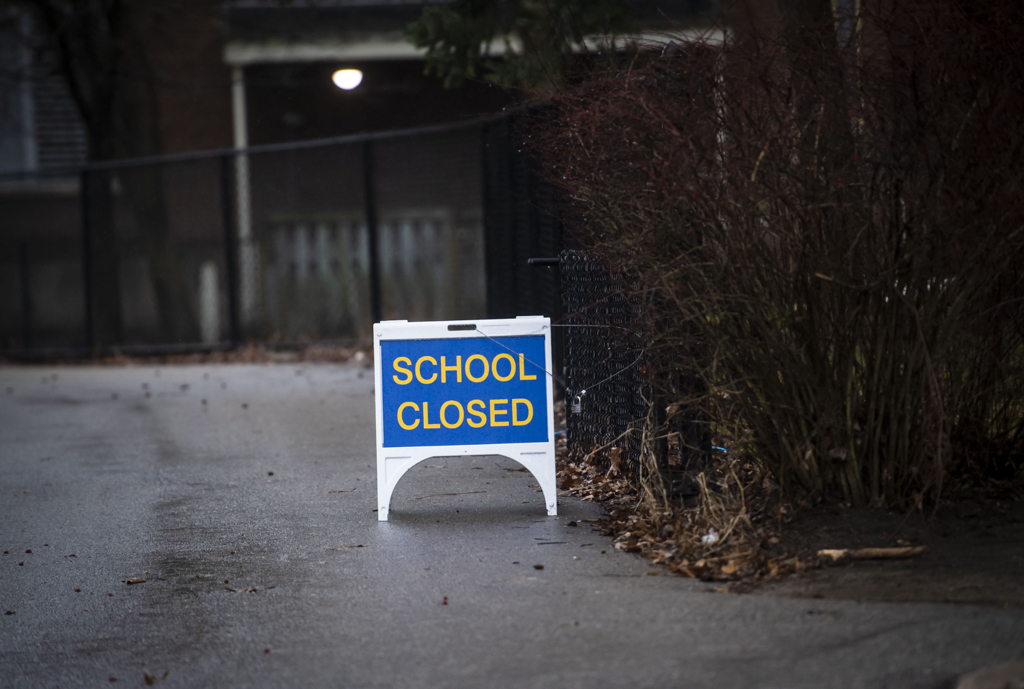
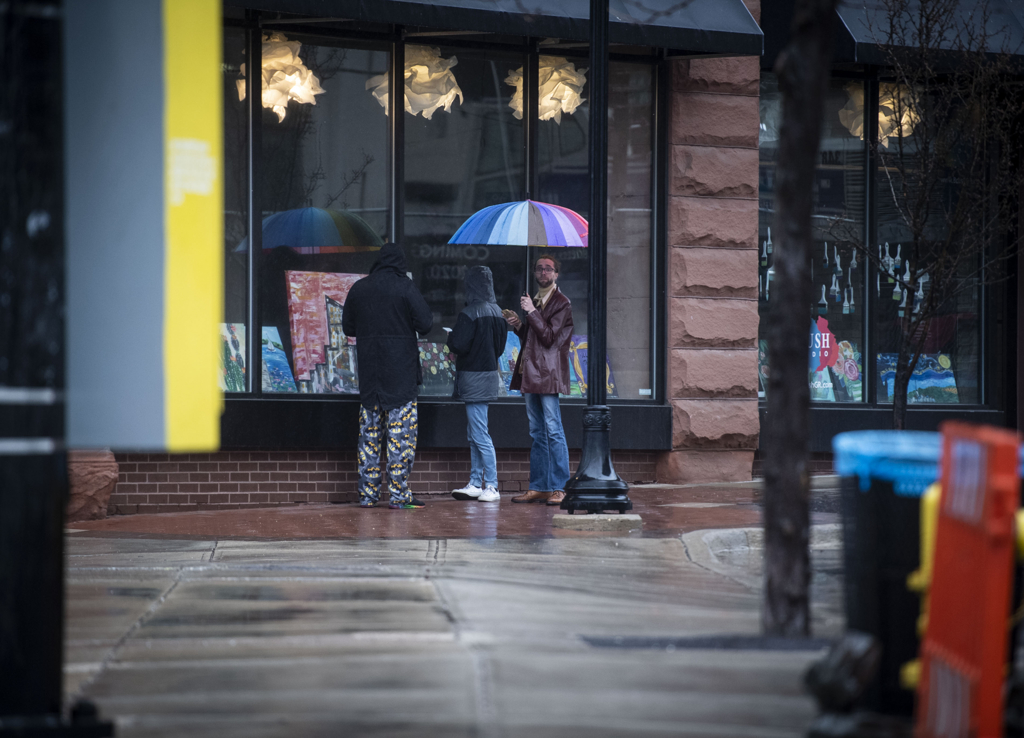
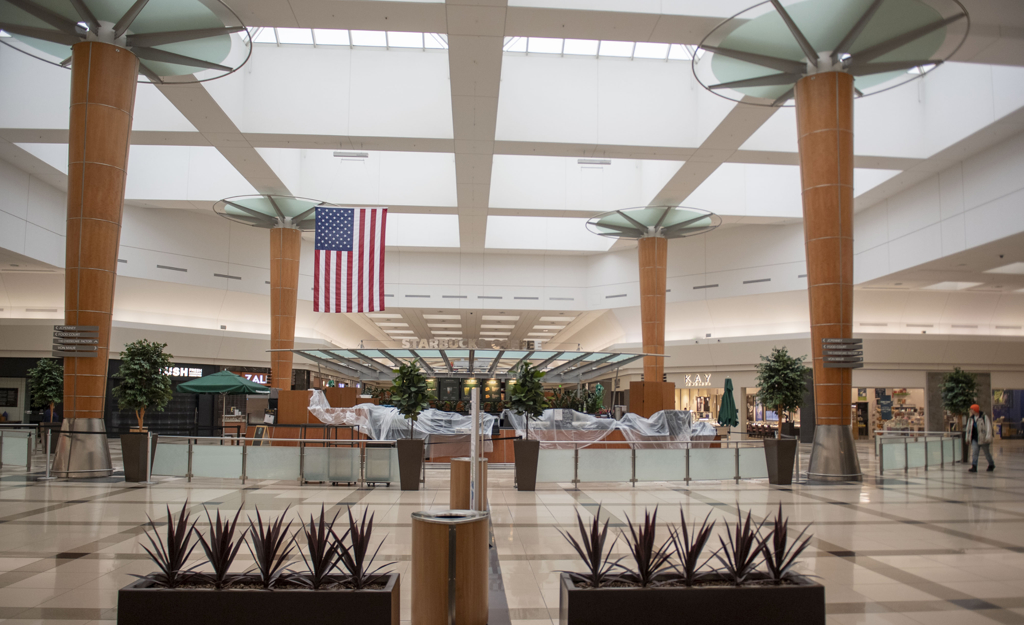
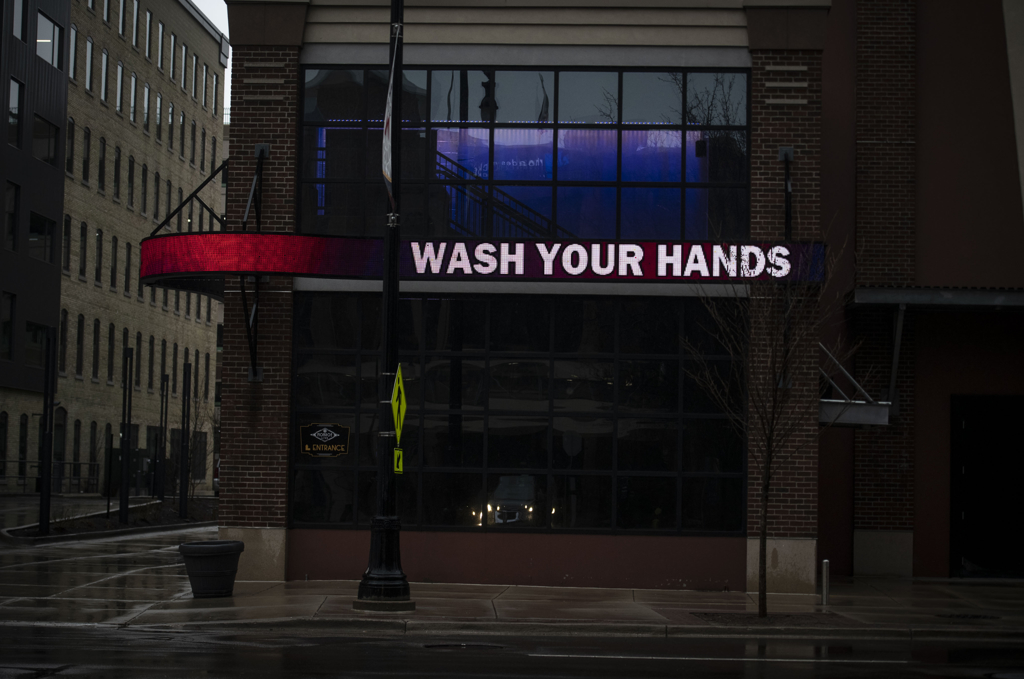
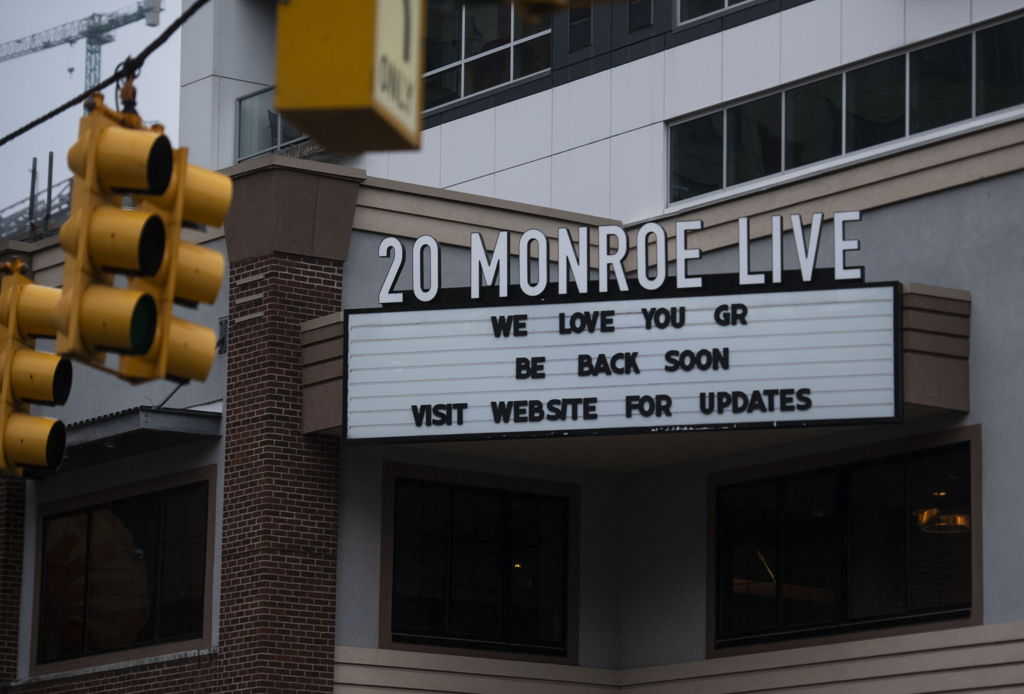
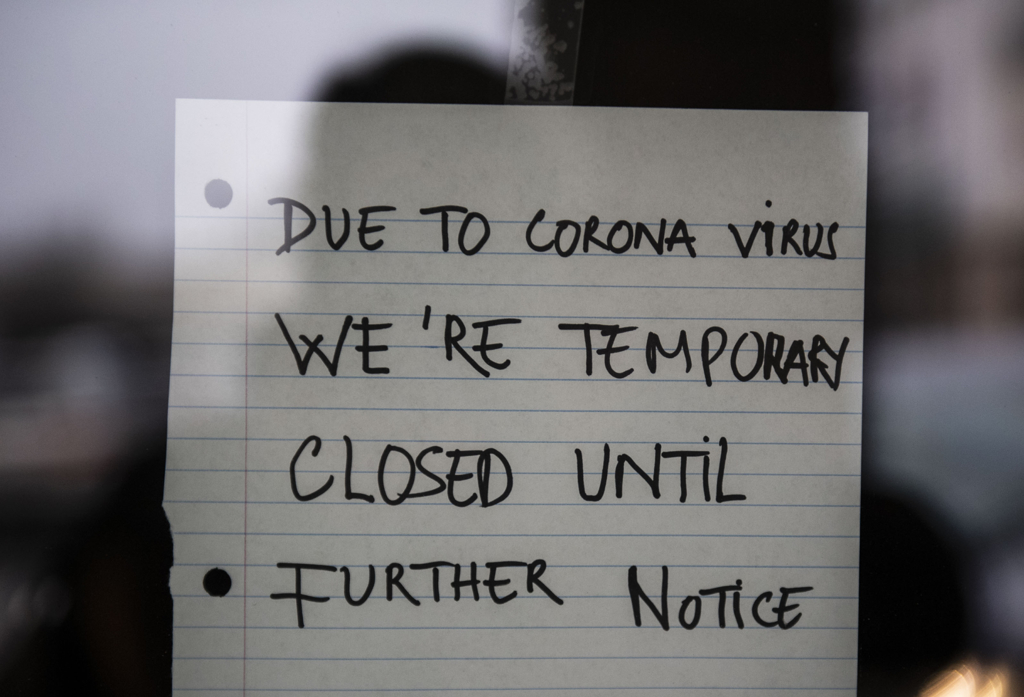
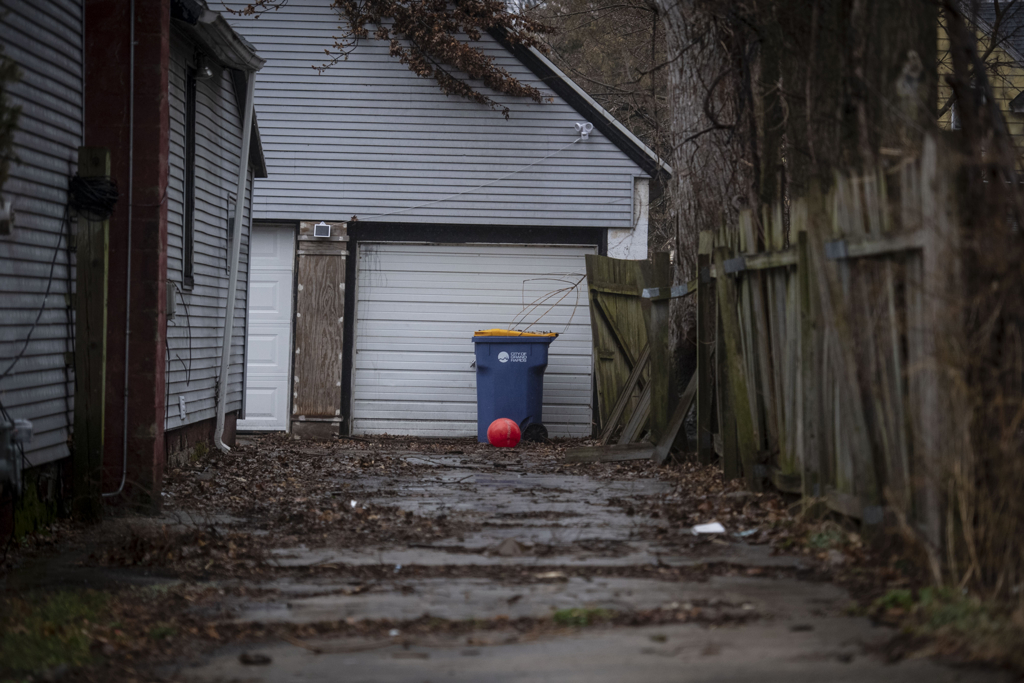
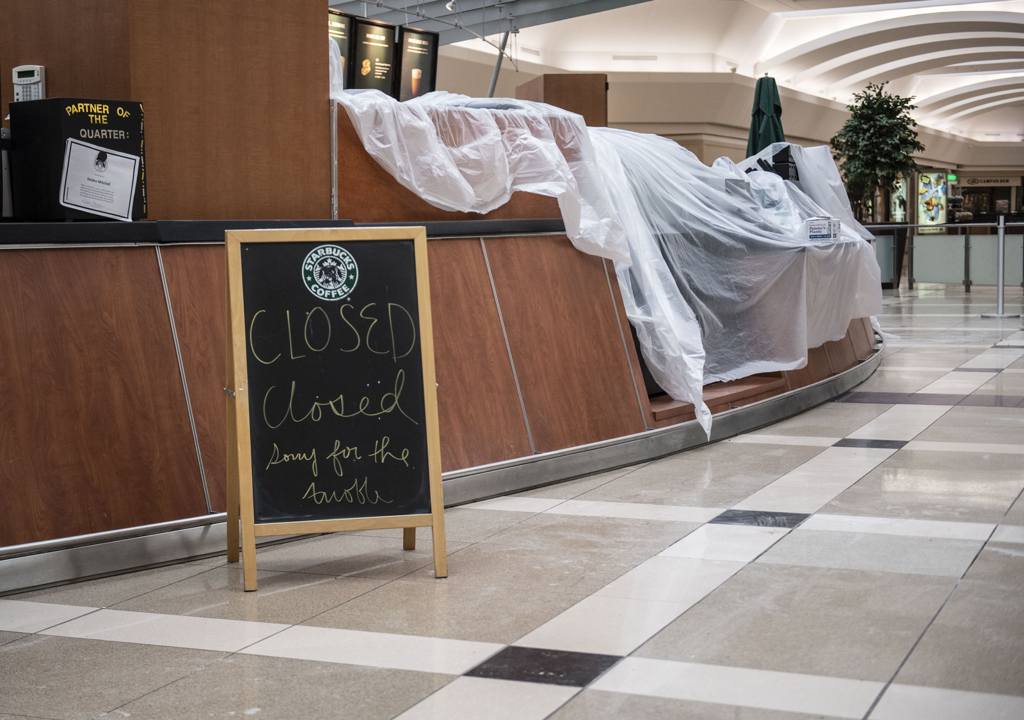
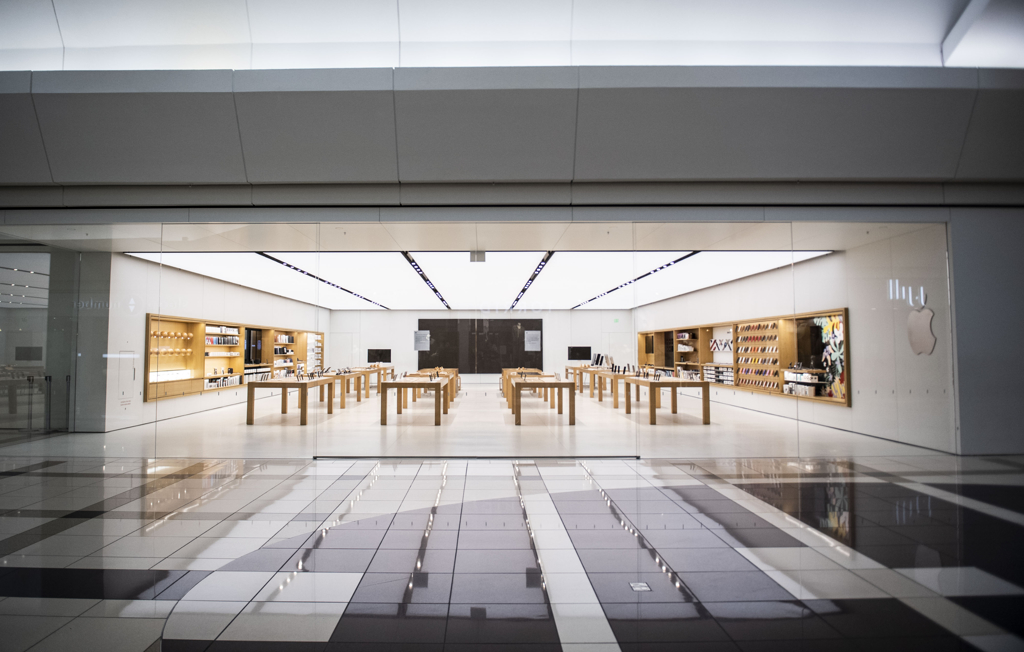
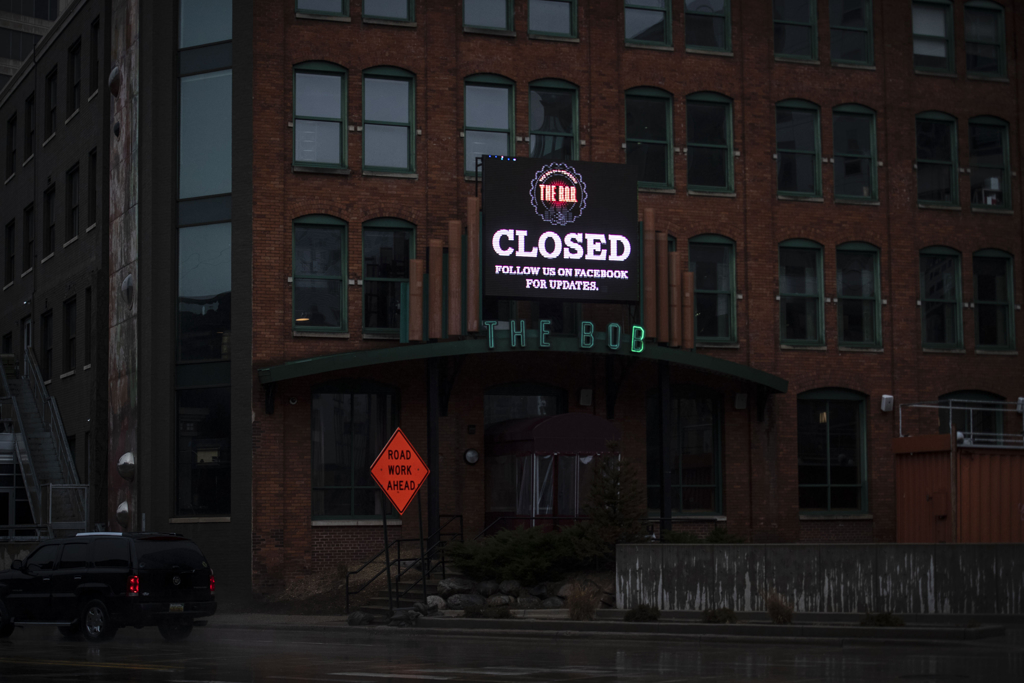
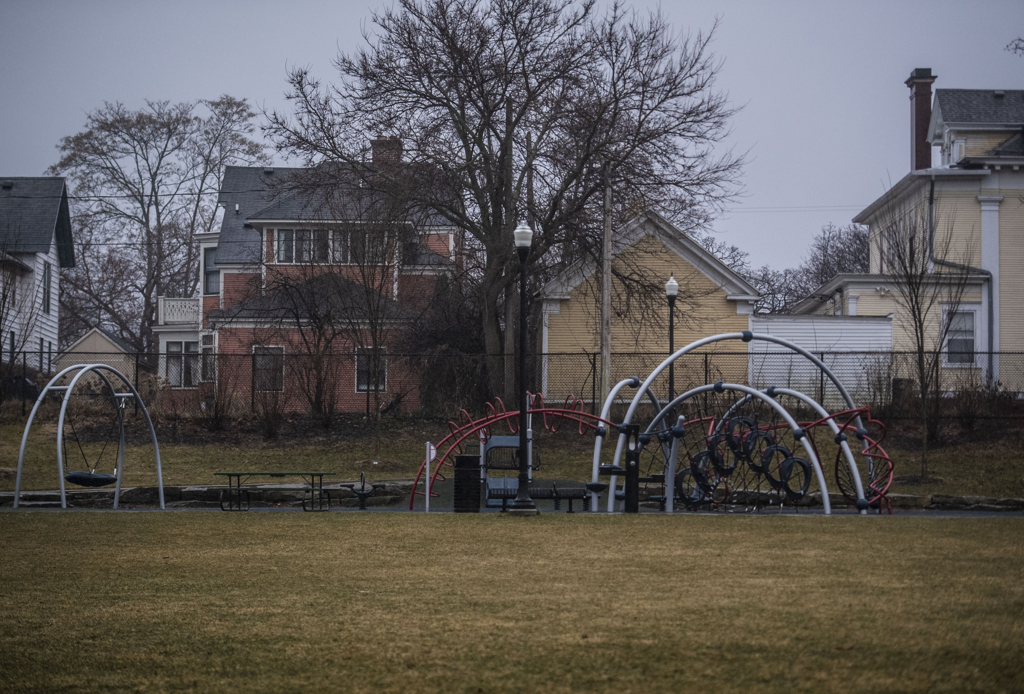

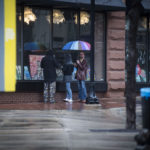



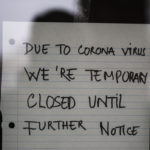
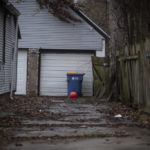





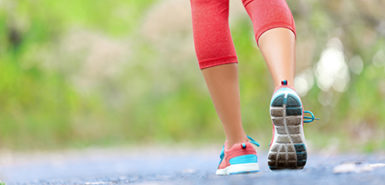 /a>
/a>
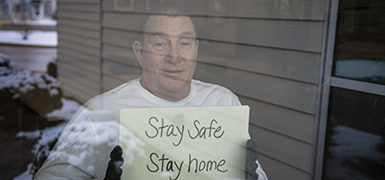 /a>
/a>
 /a>
/a>